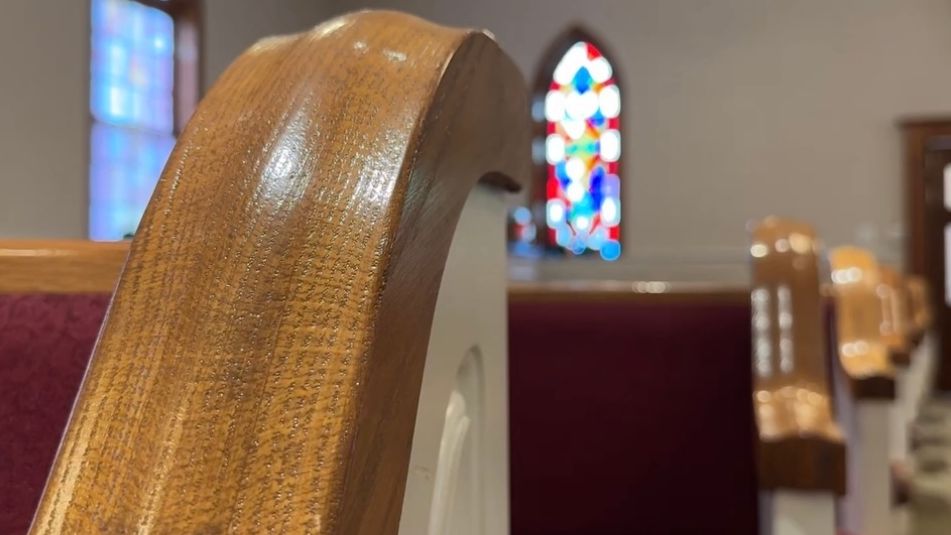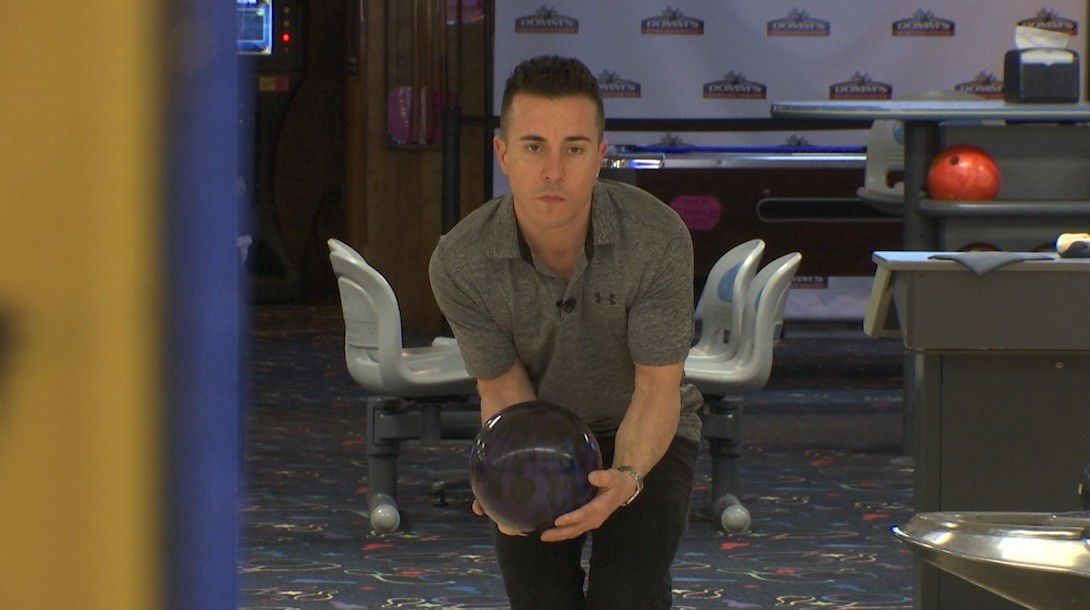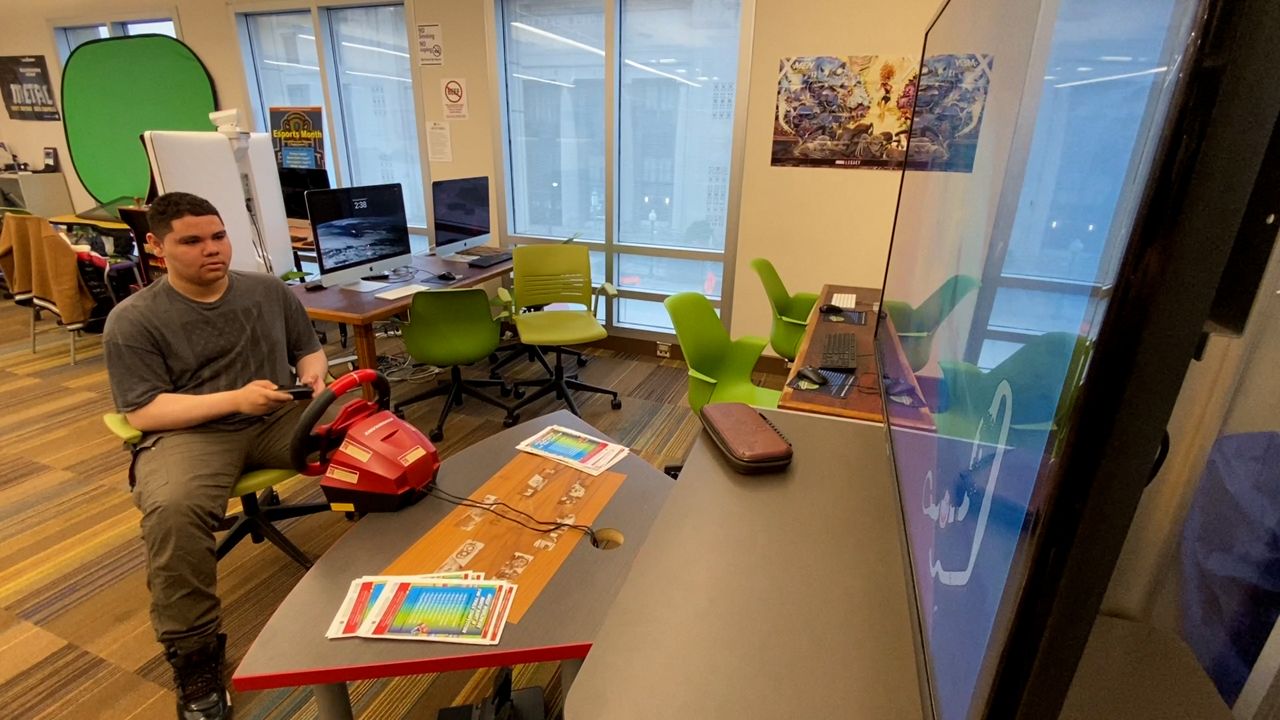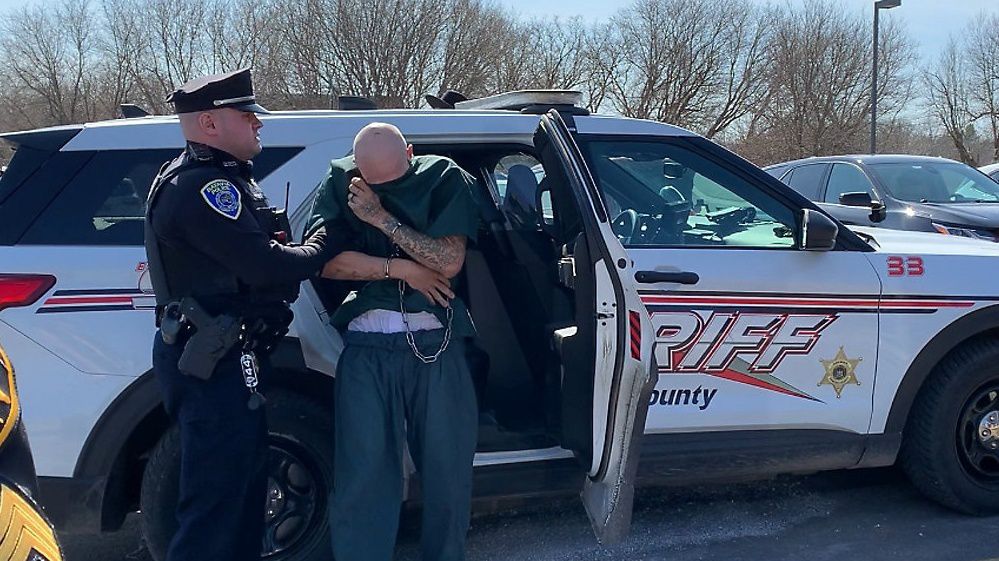ROCHESTER, N.Y. — There is an effort to catch the attention of younger women about the importance of screening for cancer and to let them know that some women under the age of 40 may want to learn about genetic testing.
“The whole purpose of doing genetic testing is not to scare people, it’s to arm them with information,” said certified genetic counselor Jessica Salamone of Elizabeth Wende Breast Care.
Visitors there may receive multiple layers of screening including genetic testing.
“The whole purpose of cancer screening and a risk assessment program like ours is to save lives, is to make diagnosis that are really sort of minimal stage,” said Salamone.
Breast cancer screening guidelines recently changed recommending women receive a mammogram at age 40 rather than 50 and every other year. The leaders at EWBC, leading radiologists and other health experts say women as young as 25 years old should have a risk assessment.
“So we identify that your family history of breast cancer may be indicative for the patient and then it may be indicative of other cancers that we need to be screening and testing for,” said Salamone.
The risk assessment takes a look at all of the patient’s risk factors with a deep dive into family history.
“There’s a percentage of cancer that can be traced back to a genetic mutation and so knowing your family history is key," Salamone said. "Paying attention and learning what happened to the men and women above you sort of in your pedigree in your family line is really important."
She says being at risk for one cancer could mean you are at risk for others.
“In genetics, the fancy term is called variable expression," Salamone said. "The same gene can cause a variety of cancers. And so, somebody like me sits down, interviews my patient and looks through the generations of cancer.”
It may be the last thing a 25-year-old is thinking about.
“Young women may not know what guideline to follow," Salamone said. "Young women may not know exactly when to begin. They often rely on their physician to tell them."
EWBC is hosting a virtual seminar on Thursday at 6 p.m. in an effort to reach out to those younger women who should start thinking and talking about screening and testing potentially in their 20s and 30s.
“I would encourage people who are nervous or a little scared to just come and have the conversation," Salamone said. "No one’s going to say you have to do this. Anybody in my role is going to say, how can I align and partner with you to help avoid something that’s been generational in your family and how can we help you live a long healthy life and be around for those future generations."
You can visit EWBC.com to learn more about the workshop.










